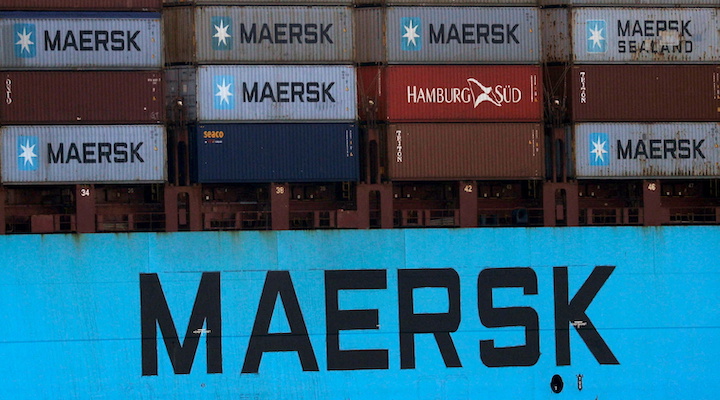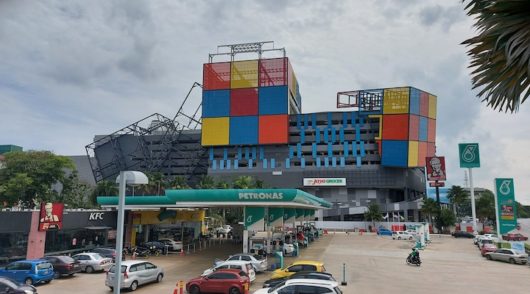Container shipping giant Maersk on Wednesday agreed to buy Hong Kong-based LF Logistics for $3.6 billion in an all-cash deal, as it seeks to expand beyond its core ocean freight business.
The deal is one of the group’s largest takeovers to date and follows a series of acquisitions including e-commerce firms, a freight forwarder specialised in air freight and its smaller rival Hamburg Sud.
“The acquisition will further strengthen Maersk’s capabilities as an integrated container logistics company, offering global end-to-end supply chain solutions to its customers,” the company said in a statement.
Maersk will buy LF Logistics from controlling shareholder Li & Fung, a Hong Kong-based supply chain manager, and from Singapore state investor Temasek which bought 22 per cent of the company in 2019. The deal is expected to close in 2022.
With a network of 223 warehouses and around 10,000 employees in 14 Asian countries, LF Logistics provides land-based logistic services such as warehousing and trucking to over 250 global customers.
The company had revenue of $1.3 billion last year. Maersk said it expects to more than double the revenue and operating profit at the company by 2026.
Record high container freight rates stemming from the impact of the pandemic have boosted big shipping companies and prompted deal-making by Maersk and its rivals, including CMA CGM and Mediterranean Shipping Company (MSC).
With chaotic conditions in the global supply chain, big companies have been willing to pay a premium for more reliable and integrated freight solutions.
The price implies that the valuation of LF Logistics has more than doubled since the Temasek deal valued the company at nearly $1.4 billion two years ago.
French billionaire Vincent Bollore received a 5.7 billion-euro ($6.43 billion) offer from MSC for his African logistics assets, his company Bollore SE said on Monday.
This month, French rival CMA CGM accelerated its push into warehouses and end-to-end logistics by agreeing a $3 billion deal to buy assets from US technology group Ingram Micro. In November, it bought a container terminal in Los Angeles for around $2 billion.
Since breaking up its conglomerate in 2016, including selling its oil and gas business, Maersk has transformed into an integrated logistics company.
Although container shipping accounted for 73 per cent of its revenue last year, Maersk aims to offer customers such as Walmart and Nike shipment of goods from factory to store, even offering last-mile delivery to end-customers.
- Reporting by Jacob Gronholt-Pedersen and Stine Jacobsen; editing by Jacqueline Wong and Jason Neely, of Reuters.






